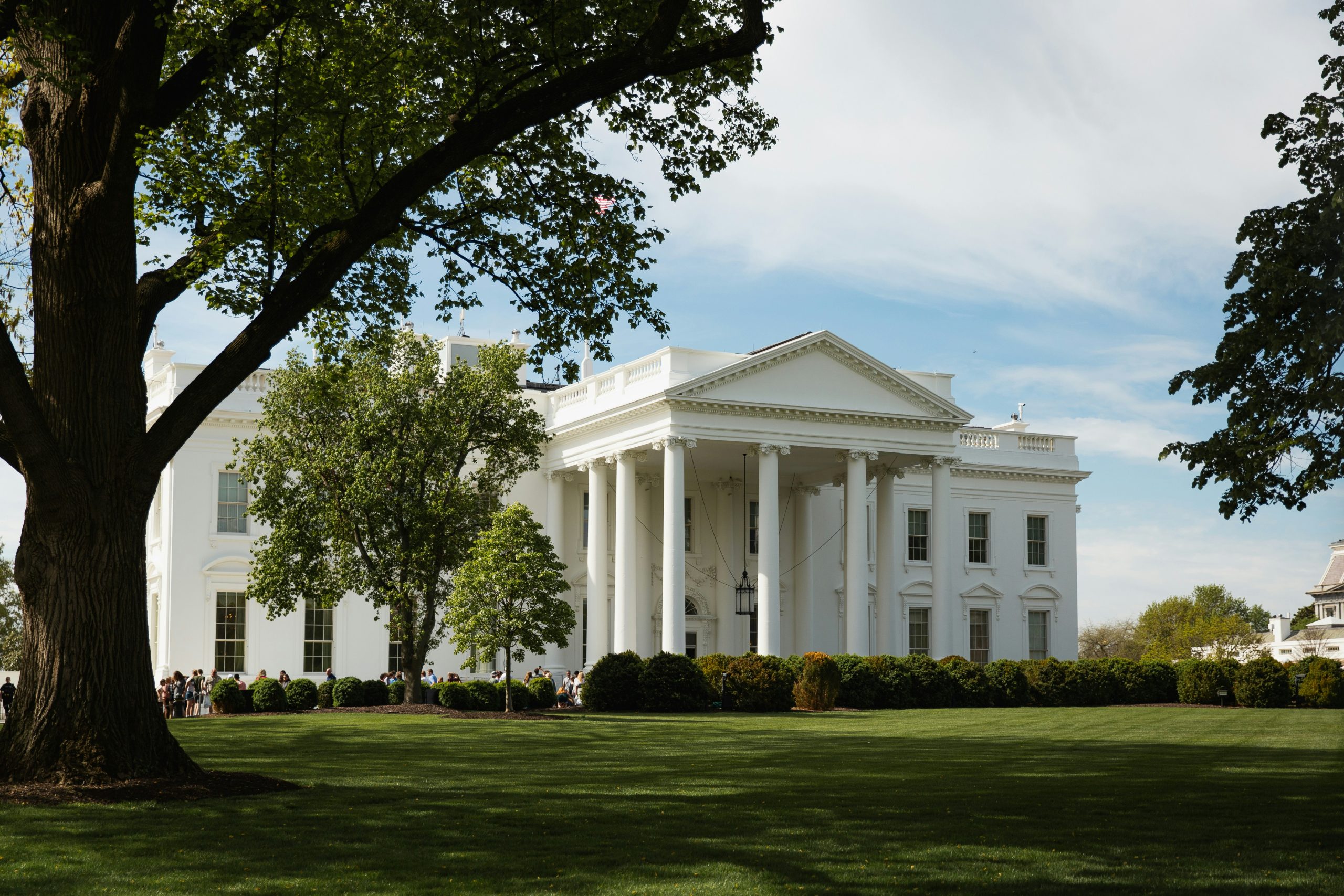Minnesota Governor’s Past DUI Incident Resurfaces Amid Political Scrutiny
In a landscape where political history can shape public perception, Minnesota Governor Tim Walz finds himself in the spotlight once again due to a significant episode from his past. The incident dates back to 1995 when Walz, then a 31-year-old high school teacher, was arrested for driving under the influence (DUI) in Nebraska. This event has resurfaced, stirring debates about his qualifications and capability to lead. Following the arrest, Walz faced serious legal consequences; he was initially charged with DUI and speeding. However, he later pleaded guilty to a lesser charge of reckless driving, a decision that has continued to haunt his political career. Critics have seized upon this information, questioning whether Walz's past actions reflect his current fitness for office. Walz himself has acknowledged the incident as a pivotal moment in his life, one that led him to stop drinking altogether. This transformation showcases a personal journey of redemption, yet it also invites scrutiny as political opponents resurrect the narrative to challenge his integrity. The resurfacing of Walz's mugshot and details of the incident on various social media platforms has sparked a wave of memes and commentary, particularly in conservative circles. As the political landscape evolves, so too does the scrutiny of public figures, especially those with a controversial past. Walz's DUI episode serves as a reminder of how past actions can have lasting implications, potentially overshadowing achievements and progress made since. Despite the challenges posed by this resurfacing controversy, Walz remains a prominent figure in Minnesota politics, known for his leadership during critical moments, including the COVID-19 pandemic. His ability to navigate these turbulent waters while confronting past mistakes will be a testament to his resilience and commitment to public service. As the dialogue around his past continues, it raises questions about accountability, redemption, and the expectations placed on elected officials. In an era of heightened political awareness, voters are left to ponder whether a single mistake from decades ago should define a leader's capability to govern effectively. The unfolding narrative surrounding Walz encapsulates broader themes in politics today, where personal history can be both a liability and a source of inspiration. As discussions around his past intensify, Walz will need to adeptly manage the perception of his character while reaffirming his dedication to the constituents of Minnesota. This situation emphasizes the complexity of human experience in the public sphere, reminding us that every leader is shaped by their choices, both good and bad. Ultimately, the future trajectory of Walz’s political career may hinge on his ability to address and learn from his past, while simultaneously demonstrating his commitment to responsible governance.











